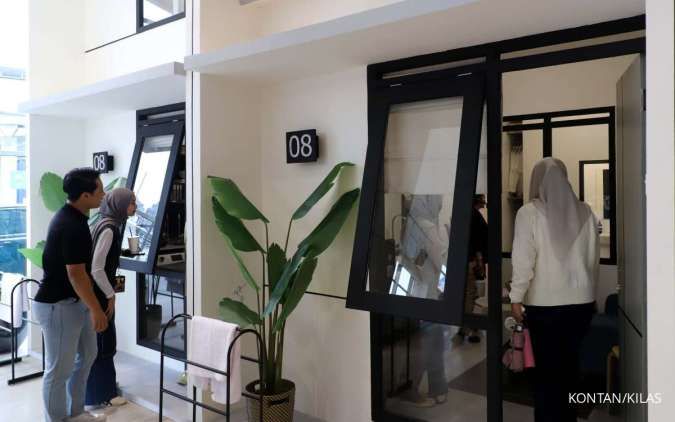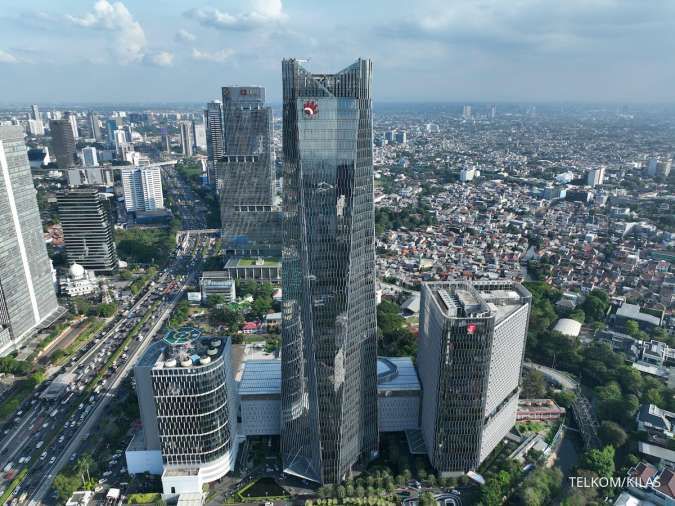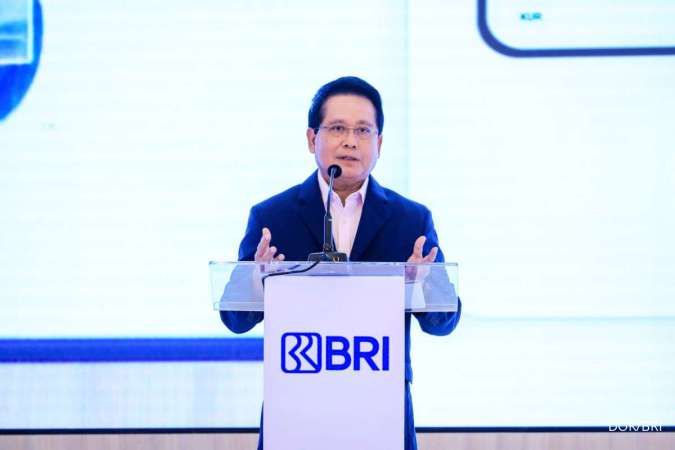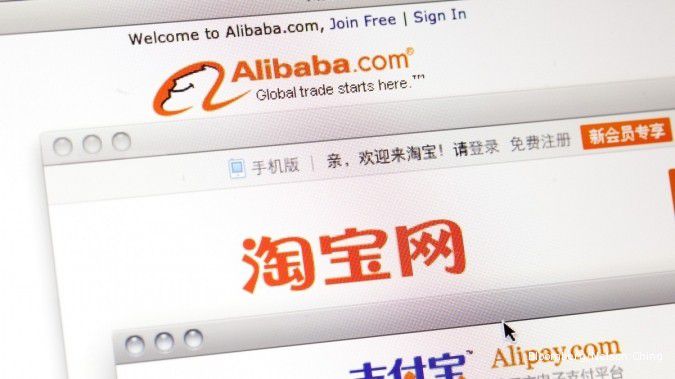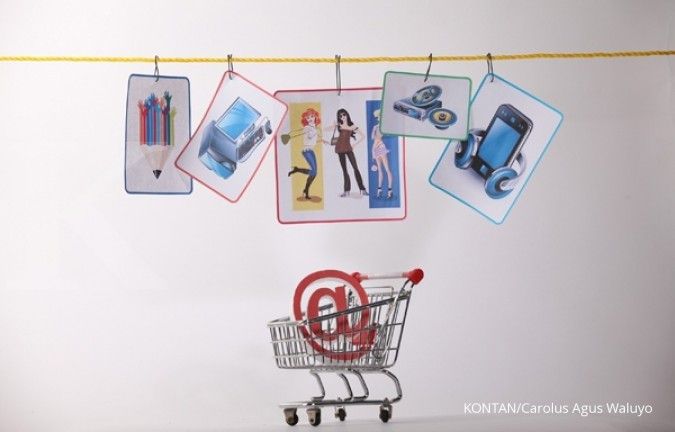JAKARTA. The government will revise its negative investment list, particularly by allowing foreign-established e-commerce companies to do business in the country, in a bid to draw funding for local e-commerce players. The revision plan emerged following a meeting between Communications and Information Minister Rudiantara, Trade Minister Thomas Lembong and Investment Coordinating Board (BKPM) chairman Franky Sibarani. They agreed to propose the removal of established e-commerce companies from the country’s negative investment list.
Rudiantara said on Friday he had talked with Thomas and Franky about how to make funding more accessible for local Internet-based companies. “I, Pak Lembong and Pak Franky have discussed how to open the negative investment list for established e-commerce companies. But, not for start-ups and small-medium firms,” he said. Start-ups and small-to medium-sized companies should be developed by local players first, he said. The inclusion of e-commerce businesses on the negative list has been so far questioned by a number of parties as it was deemed as blocking capital for local e-commerce players that often lack funds. Under Presidential Regulation No. 39/2014, the government included e-commerce among the industries that are closed to foreign investment, requiring e-commerce businesses to be wholly owned by local players. The negative investment list is subject to review every two years, meaning that the 2014 rule will be reviewed in April next year under the administration of Joko “Jokowi” Widodo. In another development, Rudiantara said his ministry had finished an e-commerce road map that was ready to be endorsed by the President. “The road map will be a tool to support our vision to be the largest digital economy within the Southeast Asian region,” he said. Indonesia’s e-commerce transactions hit US$12 billion last year, a surge from only $8 billion in 2013. The country’s e-commerce market is forecast to have a total value of Rp 295 trillion (US$21.5 billion) next year, a huge increase from Rp 94.5 trillion in 2014, according to the Indonesian E-Commerce Association (idEA). The growth of e-commerce will be driven by the country’s increasing number of smartphone users, predicted to hit 103.6 million people in 2017 from around 61.2 million last year, according to market research firm eMarketer. Rudiantara said Indonesia was now positioning itself as the largest digital economy in Southeast Asia, with the e-commerce road map set to be launched sometime soon.
“At the ministry level, the road map is now 99 percent complete. We’re just waiting for the endorsement from the President,” he told reporters. Separately, the US-ASEAN Business Council, which represents over 150 American companies, signed a memorandum of understanding (MoU) with Indonesia’s Telecommunications and Information Society (Mastel) on Friday at the Communications and Information Ministry office, providing an initial step toward stronger cooperation in the information, communications and technology (ICT) sector. US-ASEAN Business Council president and CEO Alexander C. Feldman said that the council would share knowledge and work together to create opportunities for both Indonesian and American companies. US Ambassador to Indonesia Robert O. Blake said Indonesia was a strategic partner for the US and that many American companies wanted to take part in helping to materialize Indonesia’s digital economy vision. (Khoirul Amin)
